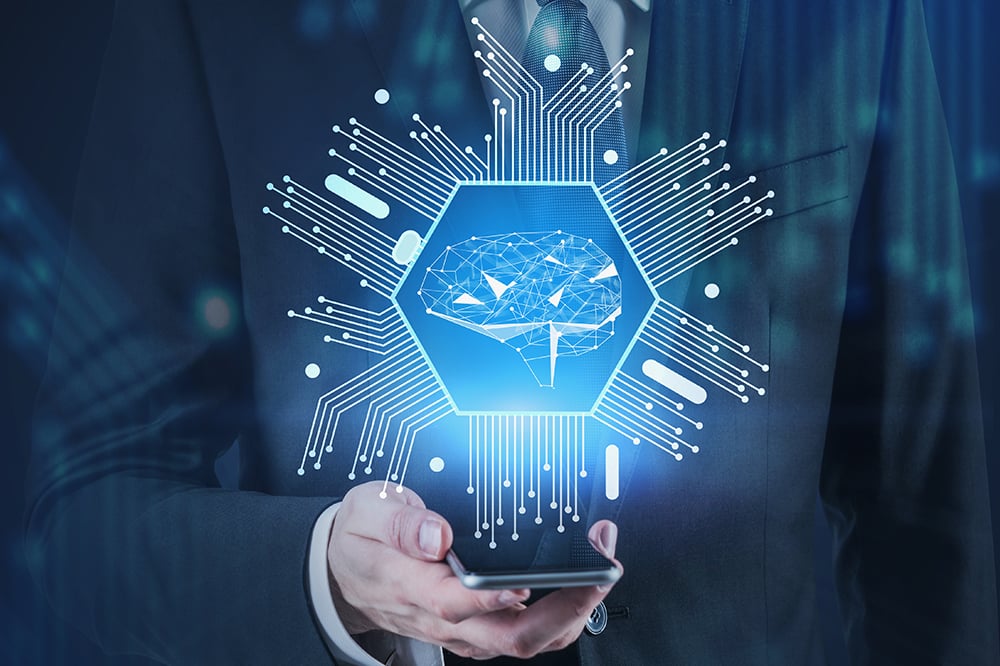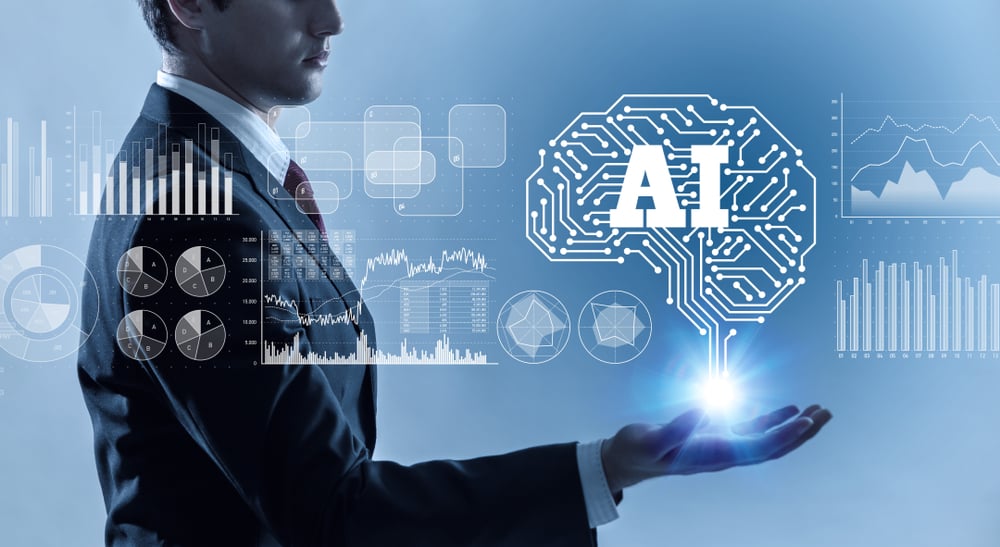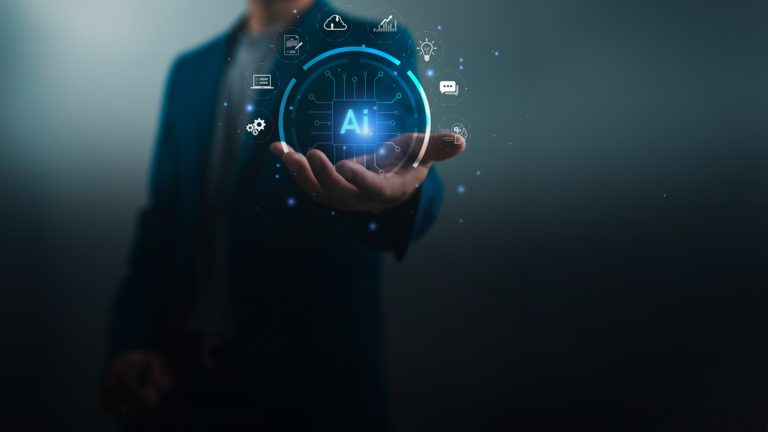Unlocking the Potential of Industry 4.0: Opportunities and Challenges

Industry 4.0 is changing the way we live and work. Driven by technology such as Artificial Intelligence (AI), Machine Learning (ML), 3D printing, and the Internet of Things (IoT), it is transforming business operations, increasing efficiency, and driving innovation across all industries. For instance, a PwC report claims AI could contribute up to $15.7 trillion to the global economy by 2030. That’s a staggering figure and shows just how these components of Industry 4.0 are impacting our technological revolution. That being said, let’s take a closer look at Industry 4.0, and its impact as well as examine the legal and regulatory issues that come with it.
Understanding Industry 4.0
The fourth industrial revolution is generally called Industry 4.0, in which advanced technologies are integrated into manufacturing and production processes. For example, these technologies include Artificial Intelligence (AI), the Internet of Things (IoT), advanced robotics, and big data analytics. The concept of Industry 4.0 first appeared in Germany in 2011 as part of a government initiative to promote manufacturing digitalization. Additionally, the goal here was to automate and optimize processes, resulting in greater efficiency, flexibility, and productivity. In short, the key components of this revolution are:
- Use of sensors to collect data
- Cloud computing to process and store data
- Integration of cyber-physical systems to control and optimize production processes
ALSO READ: As Helpful as ChatGPT Can Be, Here’s Why We Need AI Regulation Right Now
 Impact of Industry 4.0
Impact of Industry 4.0
This concept has been transforming industries thanks to the integration of the cutting-edge technologies mentioned above. It has especially increased efficiency and productivity in manufacturing thanks to automation and predictive maintenance, among other factors. Moreover, it is also transforming logistics with the use of sensors and connectivity, enabling better tracking and optimization of goods in transit. This, in turn, lowers costs and enhances customer experience. It also drives the development of smart medical devices, remote monitoring, and personalized medicine in healthcare, resulting in better patient outcomes.
Benefits of Industry 4.0
There are several benefits associated with this new concept, and they are only going to grow as technologies evolve. Some of the advantages, at this point, are:
- Increased productivity and efficiency: Automation, predictive maintenance, and real-time monitoring of production processes via a Digital Twin are steadily transforming manufacturing, resulting in increased efficiency and productivity
- Increased customer satisfaction and loyalty: Industry 4.0 technologies enable businesses to personalize their products and services to meet the needs of their customers better, leading to increased customer satisfaction and loyalty
- Better decision-making: New technologies allow businesses to collect and analyze large amounts of data, which enables more accurate predictions and better decision-making
Challenges of Industry 4.0
As Industry 4.0 evolves and grows in influence, it will also lead to some challenges. These include:
- Job displacement: Increased automation of manufacturing processes may result in reduced demand for human labor, resulting in job displacement and other social and economic issues
- Cybersecurity threats: The increased connectivity and use of data raise the risk of cyber-attacks and data breaches. Therefore, this can result in significant financial and reputational harm to businesses
- High implementation costs: Since the cost of implementing Industry 4.0 technologies is high, smaller businesses may find it difficult to adopt these technologies. This potentially widens the gap between larger and smaller businesses
ALSO READ: Future of AI: How to Leverage AI to Make Better Career Choices
Preparing for Industry 4.0
Industry 4.0 appears to be an inevitability for businesses across sectors. The following are the best practices to help businesses prepare for it:
- Increase efficiency and productivity by investing in new technologies and infrastructure
- Upskill and reskill employees to ensure they have the necessary know-how on how to work with new technologies and processes
- Collaborate with other stakeholders, such as suppliers and customers, to build a connected ecosystem that benefits everyone
- Encourage new ideas and solutions by fostering an environment of innovation and experimentation
- Validate whether cybersecurity safeguards are in place to protect against potential cyber-attacks
- Create a roadmap for the transition to ensure a smooth and successful implementation
- Consider the potential workforce impacts and work to mitigate any negative effects
- In the transition to Industry 4.0, emphasize sustainability and responsible resource use
- Monitor and analyze data in order to make informed decisions and continuously improve processes
- To remain competitive and adaptable, keep up with the latest developments
 Navigating Regulatory and Legal Issues with Industry 4.0
Navigating Regulatory and Legal Issues with Industry 4.0
Industry 4.0 introduces new regulatory and legal challenges such as data privacy, intellectual property, and liability. With the increased use of data and connectivity in Industry 4.0, data privacy has emerged as a critical concern that needs to be addressed immediately. Businesses must comply with data protection regulations such as General Data Protection Regulation (GDPR) and California Consumer Privacy Act (CCPA) and implement data security measures.
Moreover, intellectual property is also a critical issue, with the possibility of patent, trademark, and copyright infringement or misappropriation being a real issue. It is thus crucial to ensure that proper safeguards for intellectual property rights are in place. Additionally, liability is a critical issue, especially with the increased use of autonomous systems and AI; businesses must be able to ascertain who is responsible for any accidents or errors caused by these systems.
Furthermore, businesses should consult legal experts and ensure compliance with relevant regulations to navigate these issues and mitigate risks. Implementing strong data security measures, performing regular risk assessments, and developing appropriate contractual agreements can help reduce legal risks. It is also critical to define clear lines of responsibility and accountability for autonomous systems and have adequate insurance coverage to cover liability risks.
Future of Industry 4.0
The future of Industry 4.0 holds both opportunities and challenges. Emerging technologies such as 5G networks, blockchain, and quantum computing will prove integral in advancing Industry 4.0. These technologies improve connectivity, data processing speed, and transaction security. Edge computing and distributed cloud computing will also have an impact on data management and processing. Moreover, as Industry 4.0 evolves, new opportunities for new business models, increased efficiency and productivity, and greater innovation will open up. It will, however, bring challenges such as:
- The need for ongoing worker upskilling and reskilling
- Managing cybersecurity risks
- Ensuring ethical and responsible use of emerging technology
In summary, Industry 4.0 is a transformative force that will shape the global economy’s future. While it presents exciting opportunities, it also introduces new challenges for which businesses and individuals should prepare themselves. In other words, the possibilities are limitless as AI, IoT, and other emerging technologies continue to advance. To further explore Industry 4.0, explore Emeritus’ online AI and ML courses in partnership with top universities worldwide.
By Siddhesh Shinde
Write to us at content@emeritus.org





